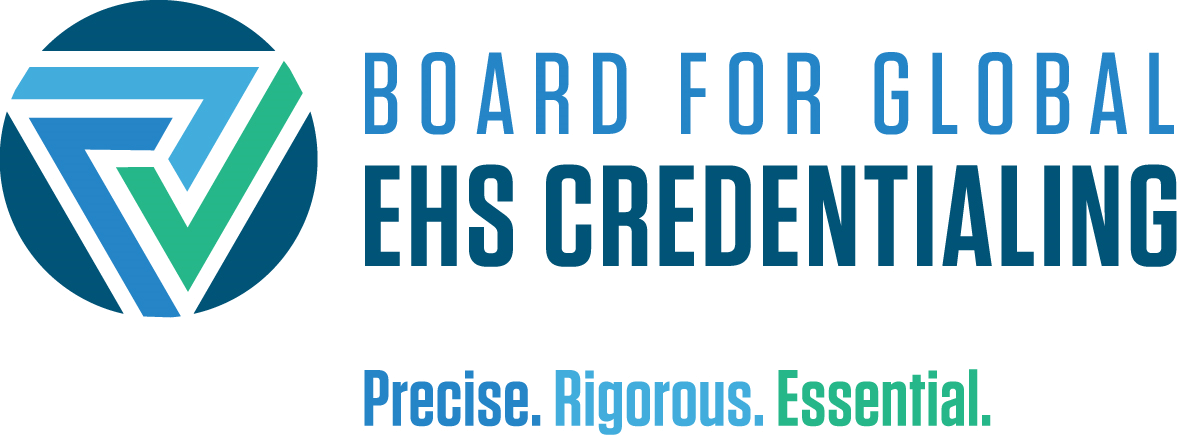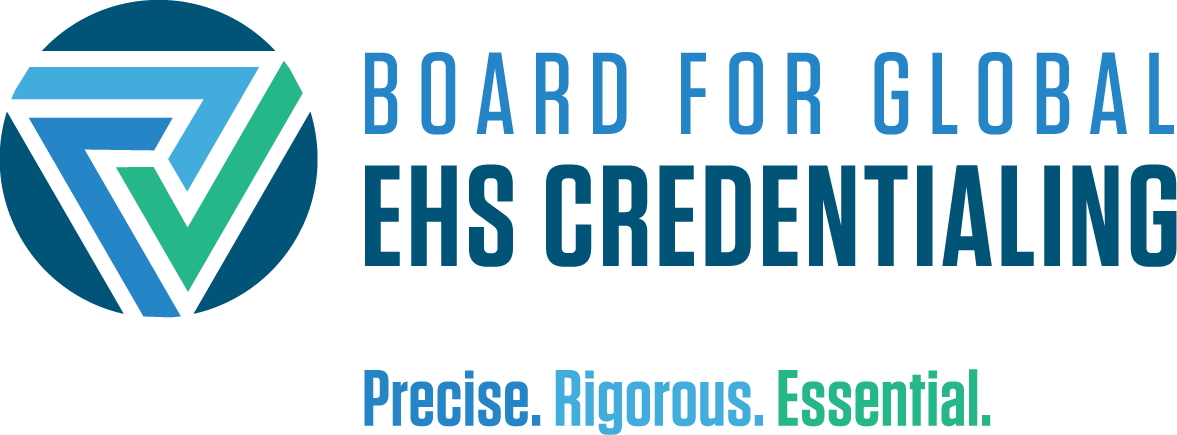CPPS Annual Recertification Requirements
Code of Ethics
During the applications process, each Diplomate agreed to adhere to the BGC Code of Ethics. Diplomates are asked to sign a similar commitment each time that a CM cycle is completed. It is a condition of CM that all Diplomates practice ethical behavior to the best of their abilities.
Any individual may file an ethics complaint by completing the Ethics Charge Statement Form located in the Ethics section. All complaints are treated seriously and, where warranted, further investigated by the BGC Ethics Review Committee, which may include the use of legal counsel. The Committee is appointed by the BGC CEO. A Diplomate found to be in violation of the BGC Code of Ethics will be subject to a range of sanctions up to and including decertification.
Notice of Felony Convictions
Please note that any practitioner who has been convicted of a felony must report it to the BGC within 90 days of the conviction.
Contact Information & Communications
Diplomates are responsible for maintaining up-to-date contact information with BGC to ensure that communications are sent to a current address. Once a year, BGC asks that all Diplomates verify their contact information on record. Diplomates should do this as often as needed (e.g., if you have moved, if you have changed jobs, etc.), not necessarily waiting for the annual prompt.
BGC communicates with Diplomates on a regular basis, primarily using email. If the Diplomate does not have an email address on file, some (but not all) communications may be sent via postal mail. For email, the Diplomate must use an email address that is not blocked or filtered (which can sometimes occur with company, military, or academic IT systems). When this occurs, a personal email address may be more effective for ensuring that electronic communications are received by the Diplomate.
Changes to CM program requirements are announced on this website. In addition, as the change warrants, email or postal communication may also be sent directly to the Diplomates.
It is the responsibility of the Diplomate to read the communications and ensure understanding.
Annual Fees
Payment of annual fees is a condition of maintaining certification. Fees are paid in advance of the upcoming year. Annual fees are non-refundable.
Diplomates are sent several email notices of payment beginning in September. During this time period, it is important to have up-to-date contact information for the Diplomate.
Fees must be postmarked or paid online by the due date. If not paid on time, the Diplomate will owe an additional late fee and will be classified as “not in good standing” with BGC. The Diplomate will be listed as such on BGC public rosters and will also have reduced functionality on any BGC private rosters.
If fees are unpaid for two successive years, the Diplomate will be decertified in the third year.
Each year, BGC evaluates the need for a fee increase. Annual fee increases are set primarily based on an annual cost of living adjustment, but additional costs may be factored in each year.
Staying Current
BGC certified practitioners are expected to stay current in their practice area and document the methods by which they do so if those methods will be used to claim points for recertification.
CPPS CM Handbook






